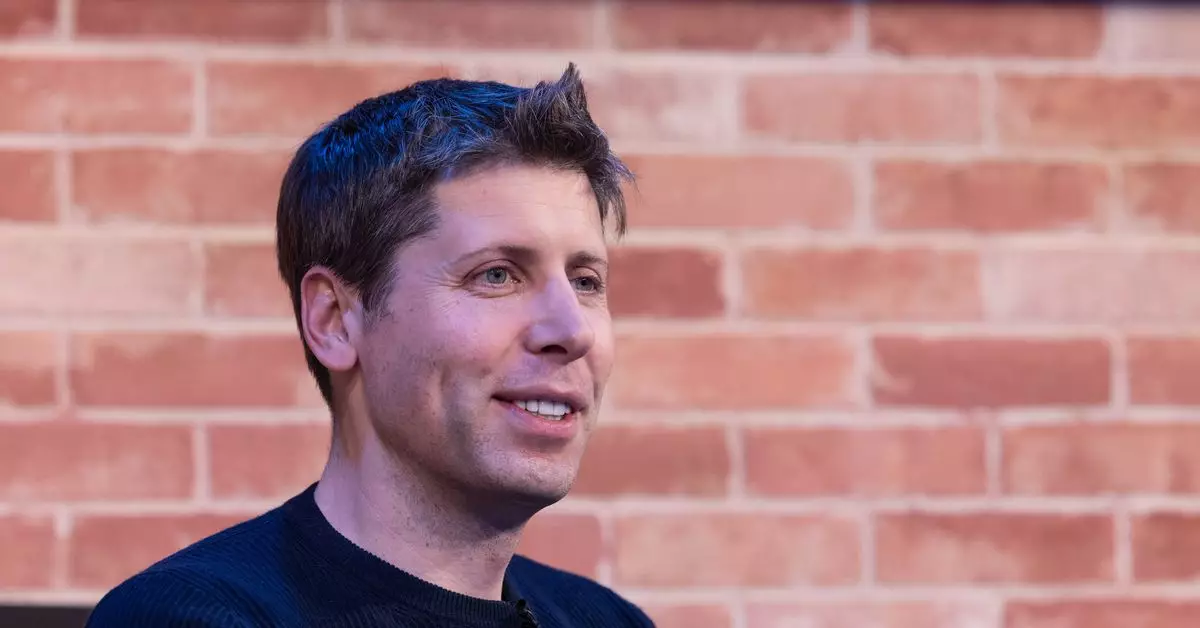An independent investigation commissioned by OpenAI’s nonprofit board has concluded that CEO Sam Altman’s conduct “did not mandate removal.” This decision came after Altman survived an attempted boardroom coup in November and will now rejoin the board. The law firm WilmerHale conducted interviews with board members, employees, and reviewed over 30,000 documents to reach the conclusion that Altman and co-founder Greg Brockman are deemed as the right leaders for OpenAI.
In addition to reinstating Altman, the board also announced the addition of three new members: Sue Desmond-Hellmann, Nicole Seligman, and Fidji Simo. They will join Bret Taylor, Altman, Quora CEO Adam D’Angelo, and Larry Summers in overseeing OpenAI’s nonprofit parent company.
Despite the findings of the investigation, there is still a lack of clarity surrounding the reasons behind Altman’s sudden removal last fall. The public summary provided by OpenAI regarding the investigation is vague, leaving many questions unanswered. The decision to remove Altman was said to be based on internal management challenges rather than concerns related to product safety, security, development pace, finances, or statements to stakeholders.
Opinions from the Investigation Summary
The summary of the investigation echoes previous statements made by the board, attributing Altman’s removal to a breakdown in the relationship and loss of trust between him and the prior board members. WilmerHale also highlighted that the decision to remove Altman was made without adequate notice to key stakeholders and without allowing Altman to address their concerns.
During a video call with reporters, Altman issued an apology for his actions and expressed regret for his beliefs that a former board member was harming OpenAI. However, he refrained from providing further details on the matter. It has been reported that Altman clashed with ex-board member Helen Toner over critical academic papers and faced concerns regarding his other investments posing potential conflicts of interest.
Changes in Policies
OpenAI announced plans to strengthen its conflict of interest policy for employees and establish a whistleblower hotline for employees and contractors. These measures aim to enhance transparency and address any concerns or conflicts within the organization. Altman’s demeanor during the press call appeared positive and cooperative, indicating readiness to move forward from past controversies.
Questions have emerged regarding the employment status of co-founder and chief scientist Ilya Sutskever, who initially sided with the coup but later supported Altman. Sutskever’s current role within the company remains uncertain as he has maintained a low profile since the events unfolded, raising speculations about his future involvement with OpenAI.
The results of the investigation have reinstated Sam Altman as the CEO of OpenAI, along with the appointment of new board members. While the findings have cleared Altman of any misconduct that would warrant removal, there are lingering concerns about the lack of transparency and communication surrounding the decision-making process. OpenAI’s commitment to improving internal policies and addressing conflicts of interest signals a step towards fostering a more accountable and transparent organizational culture.


Leave a Reply